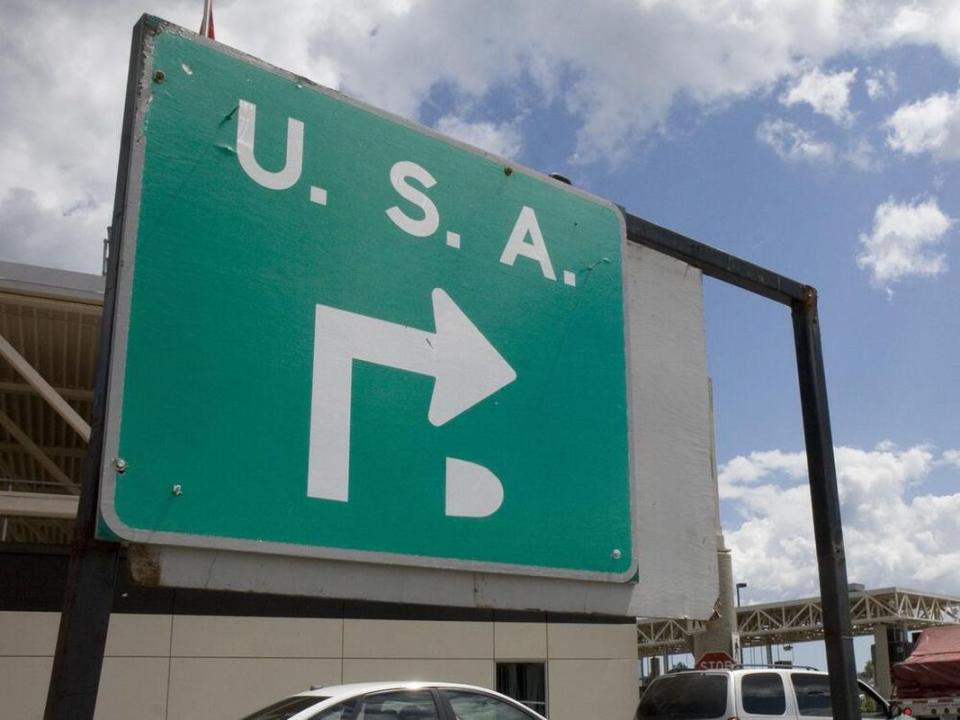The government should do more of what works and less of what doesn't

A few summers ago, I took my kids to a fantastic role-play production on an actual train from 1905 in Calgary’s Heritage Park. The play reenacts what it was like to come to Alberta from Montreal as a homesteader receiving land from Canadian Pacific Railway Ltd. What made this special was that it could very likely have been the same train my grandfather was on when he was just three years old.
His family moved here because there just weren’t the same kinds of opportunities for them in Quebec after spending generations there as direct descendants of the first Pelletiers — Guillaume Pelletier, Michelle Mabille, and their 14-year-old son Jean — in the spring of 1641. It was a hard life, but they set their roots and planted seeds of opportunity on this free land to lay the foundation for subsequent generations.
That’s why it saddens me to see Canadians leaving the country for many of the same reasons. In 2022, emigration from Canada to the United States reached a 10-year high, with 126,340 people leaving the country, a whopping 70 per cent increase over the past decade, according to data compiled by the CBC.
This could be just the early stages of a mass exodus of Canadians, as I am receiving numerous calls from entrepreneurs, doctors and farmers asking about options to relocate following the numerous tax changes targeting them in 2019 and again this year.
A portfolio manager should always be looking at their results and trying to figure out what went right so they can do more of it with future capital allocations and what went wrong so they can do less of it. Let’s do the same thing with our economy to try to figure out why so many people are leaving or preparing to leave.
Let’s start with economic productivity. Since 2015, Canada has seriously lagged the United States in terms of gross domestic product per capita. Provincial labour productivity figures rank in the bottom quartile when compared against American states. Meanwhile, the fastest-growing sector in the country is now the federal government.
Foreign direct investment has turned negative, meaning capital is flowing out of the country, leaving Canada’s wealthy as the sole remaining source of capital for economic investment. But the Trudeau government has decided this is the time to increase capital gains taxes on them. How will this help motivate them to deploy capital into the economy?
According to PricewaterhouseCoopers International Ltd., the proposed capital gains tax in Ontario is now 35.2 per cent, up from 23.2 per cent in 2011, and about 10 to 25 percentage points above many major countries, including Germany, Australia, Japan, China, the United Kingdom, the U.S. and Mexico.
Then there’s the personal tax rate on Canadians living in Ontario and making more than $246,752 at 53.5 per cent, which Trudeau has increased from the 46.4 per cent charged in 2011. This puts their tax rate at seven to 18.5 percentage points higher than Australia, China, the U.K., Germany, Japan, the U.S. and Mexico.
One problem with this is that the minimum income required to qualify for a mortgage on the average house in Canada is roughly $200,000. As a result, only those who the Canadian government calls the wealthiest for tax purposes can qualify to buy a home here.
Instead of acknowledging the problem, Calgary’s mayor recently said the prospect of never owning a home and becoming a forever renter is a liberating experience. Perhaps I should be liberated from my property tax bill, which I opened last week to discover that it has doubled from the previous year despite doing zero renovations.
Politicians need to be reminded that Canadians have plenty of options and they no longer need free farmland to motivate them. Significantly lower housing prices, fewer taxes, greater access to health care, better education, less crime, more opportunities for employment and overall better affordability for their kids’ future will more than do the job.
That’s a train or plane many Canadian families are now seriously considering taking, thereby setting the stage for another role play, but this one will take place in an American museum.
Martin Pelletier, CFA, is a senior portfolio manager at Wellington-Altus Private Counsel Inc., operating as TriVest Wealth Counsel, a private client and institutional investment firm specializing in discretionary risk-managed portfolios, investment audit/oversight and advanced tax, estate and wealth planning. The opinions expressed are not necessarily those of Wellington-Altus.
_____________________________________________________________
If you like this story, sign up for the FP Investor Newsletter.
_____________________________________________________________
Bookmark our website and support our journalism: Don’t miss the business news you need to know — add financialpost.com to your bookmarks and sign up for our newsletters here.

 Yahoo Finance
Yahoo Finance 